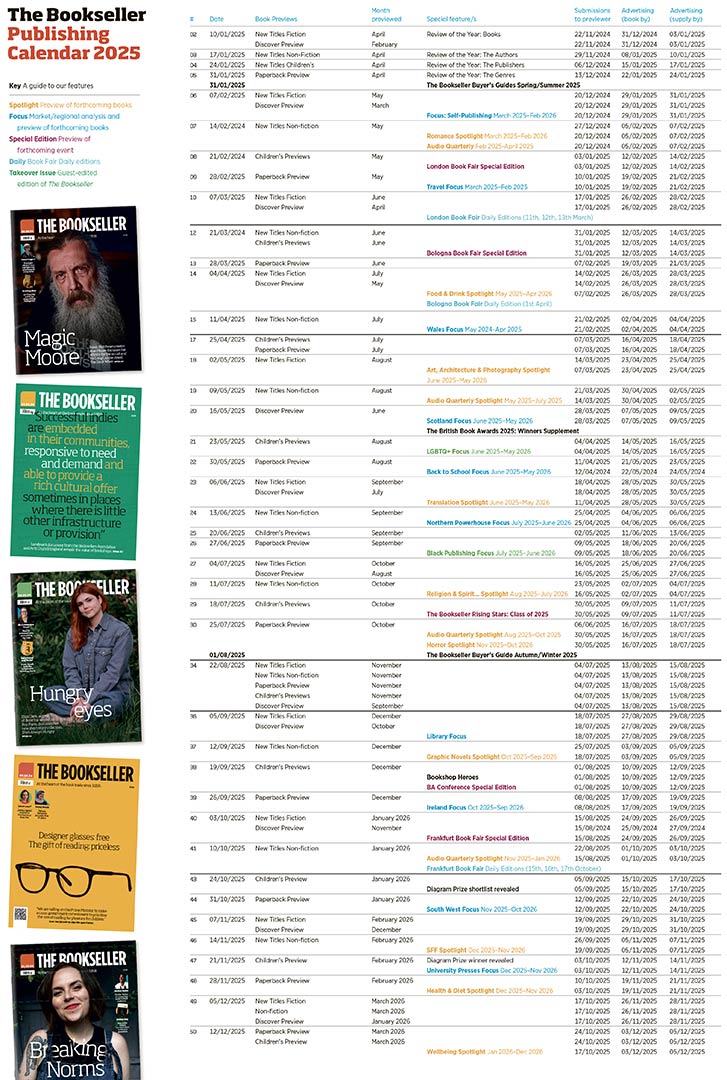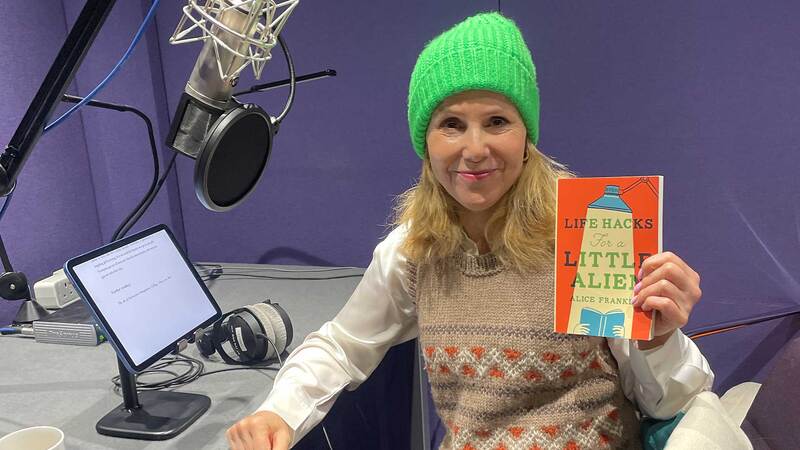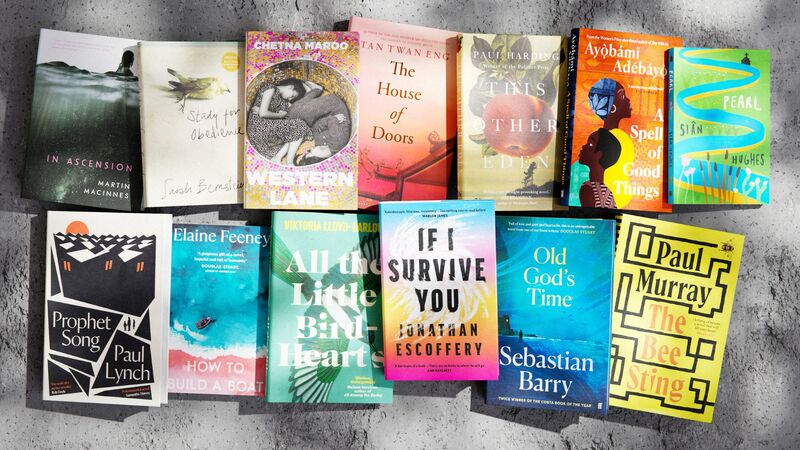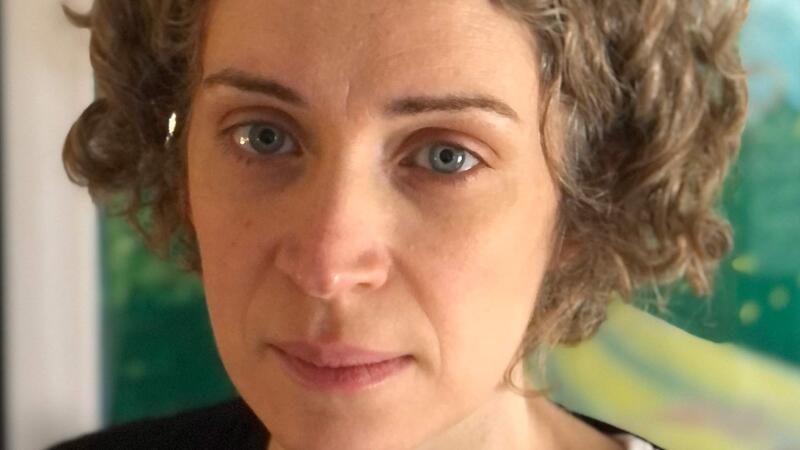You are viewing your 1 free article this month. Login to read more articles.
Hislop the Greek heroine
A great fire, a population exchange and a hidden communist concentration camp – no one can accuse Victoria Hislop of picking fluffy subjects for her novels and if you like your historical insights with a dose of heart-warming romance, then The Thread will give you both, and amply.
Hislop’s third novel revisits the same country in which her first was set, Greece, a place the author is both in love with and loved in. While the 2005 bestseller The Island told the story of a leper island in Crete called Spinalonga, The Thread chooses to use the town portrait of Thessaloniki through which to chart the consequences of civil strife in Greece, covering in its 380 pages a great fire, two world wars, civil clashes and the battle of the communist and nationalist ideologies. Hislop begins by giving away the ending to the central love story – that our two protagonists Dimitri, the son of a cold, business-driven cloth merchant and Katerina, a refugee estranged from her mother in the 1923 population exchange between Greece and Turkey, will eventually marry, but this by no means makes the mapping of their journey less gripping – far from it.
So, what is it about the historical that inspires and intrigues Hislop? Well, the author and wife of Private Eye editor Ian Hislop is partly motivated by her journalistic instincts.
“The idea in each of those three books has always come the same way – when I’ve been in the place, in Crete, in Granada and then in Thessaloniki,” Hislop explains. “I have been to Greece hundreds of times. If I didn’t know that story, I don’t think many other people will do either… I feel I am lucky that these ideas are there they just hit me in the face. They kind of go ‘Here I am’ and then I get completely obsessed and intrigued by them…. It is not just what happened but why it happened. It is about what is just below the surface and feels like it is being covered up.”
However, while each book is rich in historical detail and takes the author around two years to research from the within the walls of the London and British Libraries, Hislop is adamant she doesn’t set out expressly to educate with her work.
“I don’t mean to teach people about history,” she says. “I don’t at all see my role as being didactic or educational because ultimately you go to history books [for that] – but the truth is a lot of people don’t. A lot of women don’t. A lot of history is told by men – pretty much 95 per cent of books I read were by men, because… in Greece it isn’t a story about women. It is war, battles, decisions: events that are caused by the actions of politicians or soldiers, who were men.”
Instead, Hislop prefers to take an intuitive approach to her writing, and she crafts her tales around an empathetic approach to what people must have experienced at the time. “That’s what interests me,” she says. “What would it feel like to be in Thessaloniki, estranged from your family, adopted by strangers, how would that feel?”
And as a result, as many authors might testify, the mother-of-two becomes quite involved with her human creations. “I get very attached to the characters,” she said. “They are like my children. You almost worship your children in a way… the characters I create do get their own lives. They become something not part of you, but separate, and that is very exciting to do. Someone called Katerina might have existed and still exist today.”
It is perhaps not surprising Hislop chose to set her third novel in the country that she loves, and spent four years learning its language. Owning a home in Crete has meant she has been able to snatch a taste of what it is like to be recognised by fans in the street – something she is more used to happening to her husband. “I have a huge following in Greece,” she said. “I can be anywhere now and people will recognise me. It’s weird. I know what Ian must feel like now. I am known as The Writer. It is always nice.”
Her fame has been recently compounded by the success of the television adaptation of The Island in Greece, which Hislop said achieved 70 per cent share of the Greek audience figures. “It was the biggest rating they have ever had for anything,” she said.
As for critical acclaim from her husband, Hislop says her novels only get “one chance” with him – but his suggestions can have a critical impact. “I get very nervous about him [Ian] reading my stuff because I want to make it as good as I can make it and then show it to him,” she said. “If he read it half way through and then said ‘Oh well, you should do this or that,’ it would be awful. With this one, and he was absolutely right, he said ‘There is no proper ending here.’ So I rewrote the very end and it was much better, it wrapped things up much more. I was really glad of that.”
The Thread by Victoria is out on 27 October from Headline Review.















